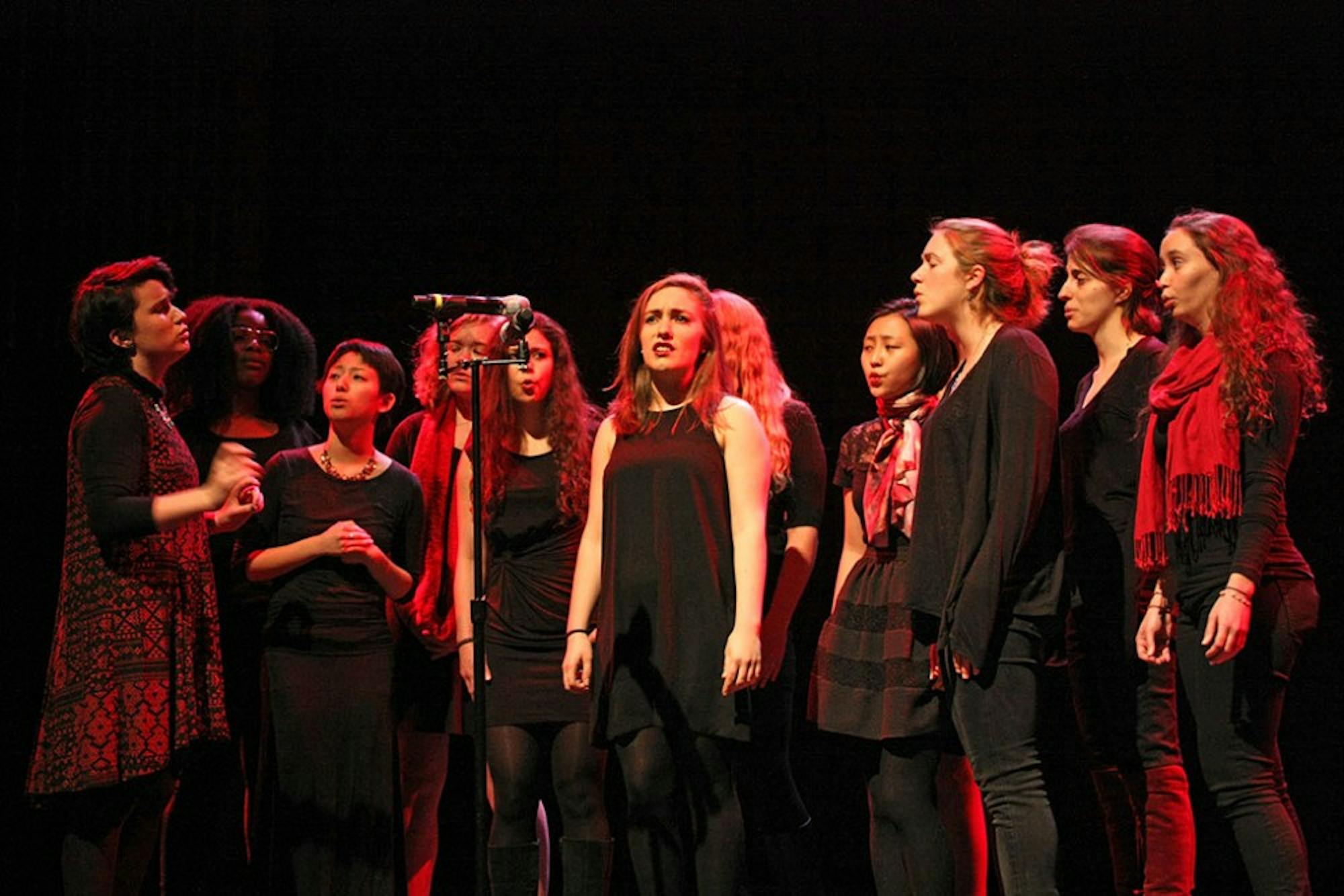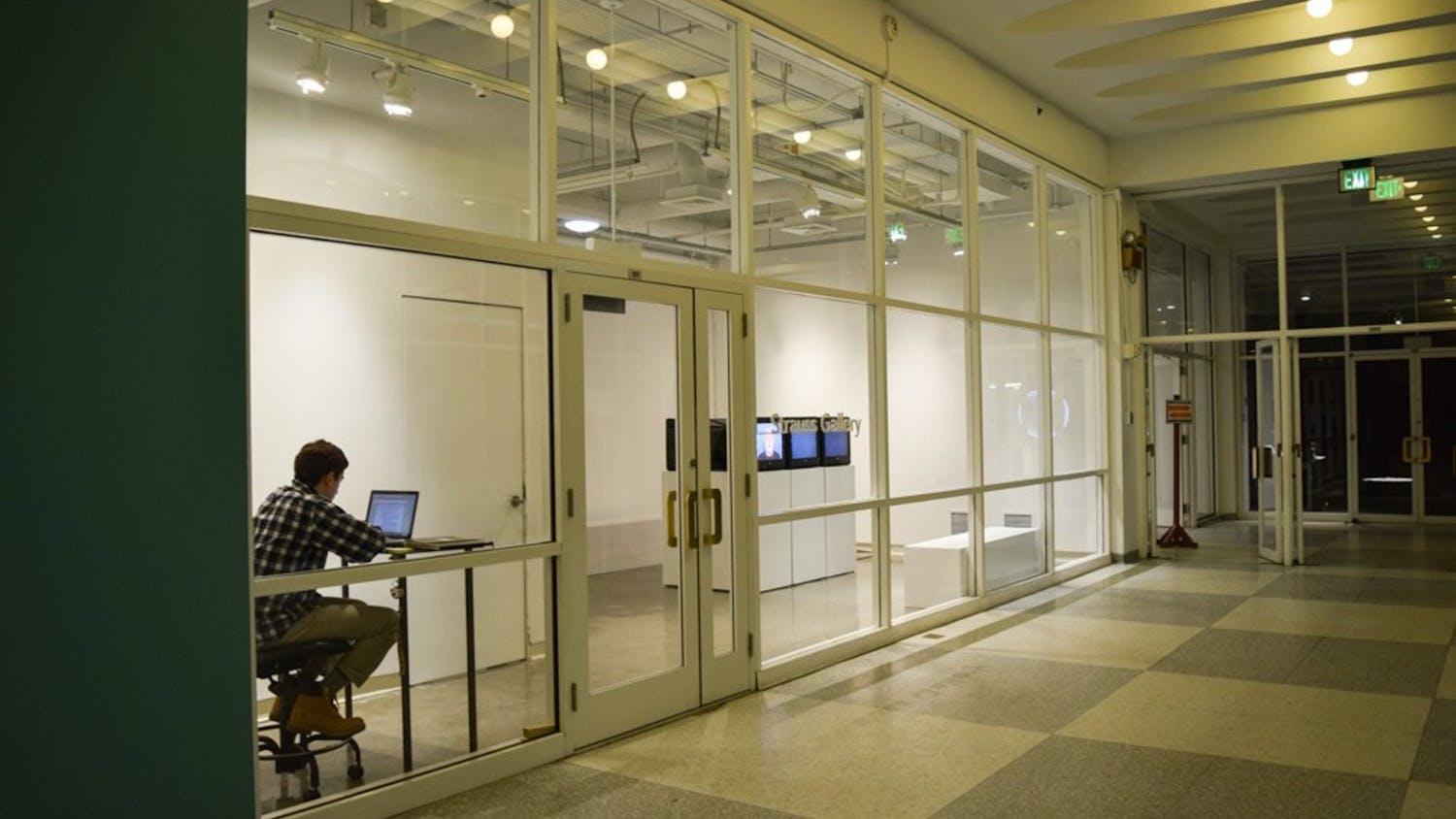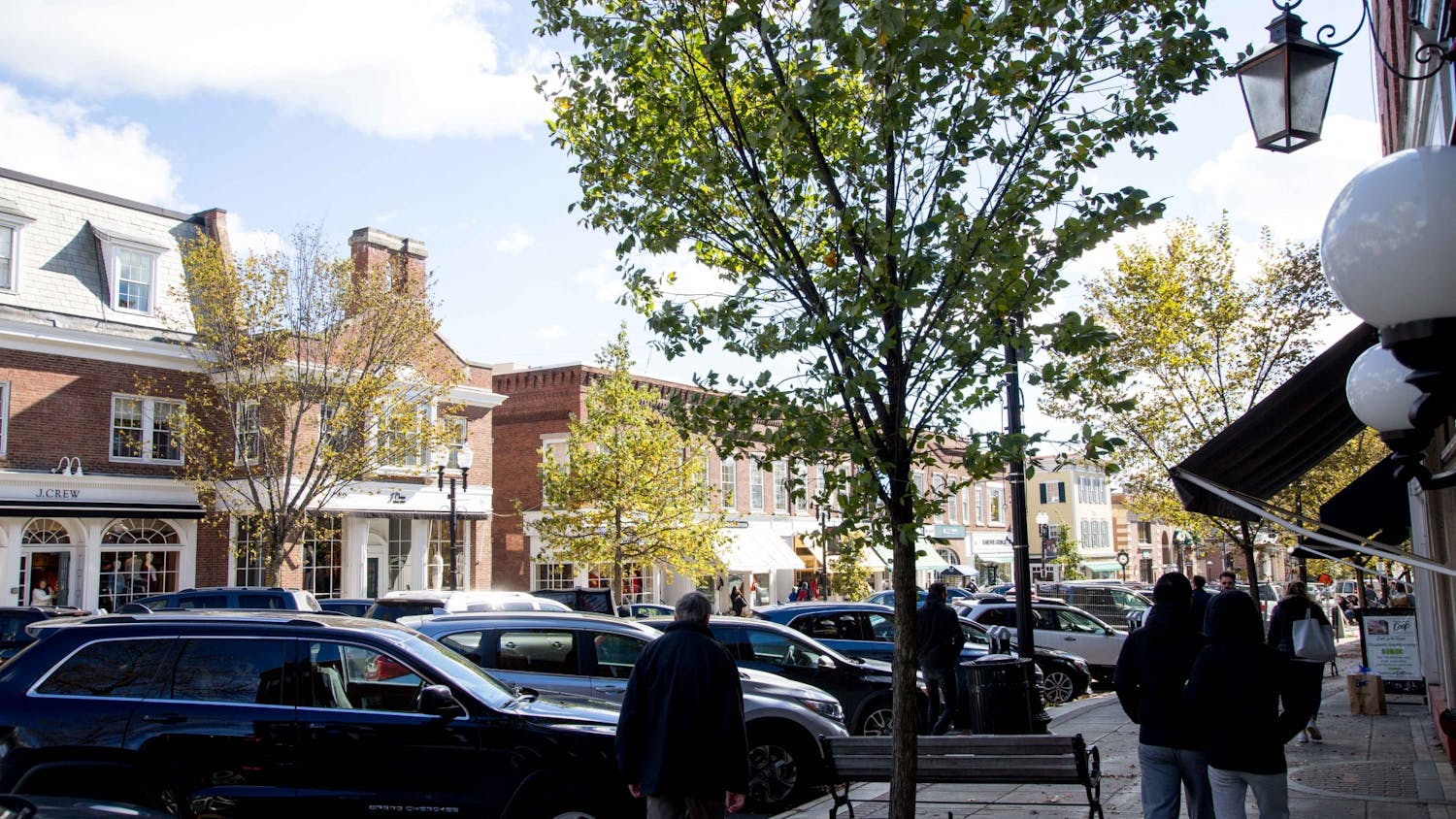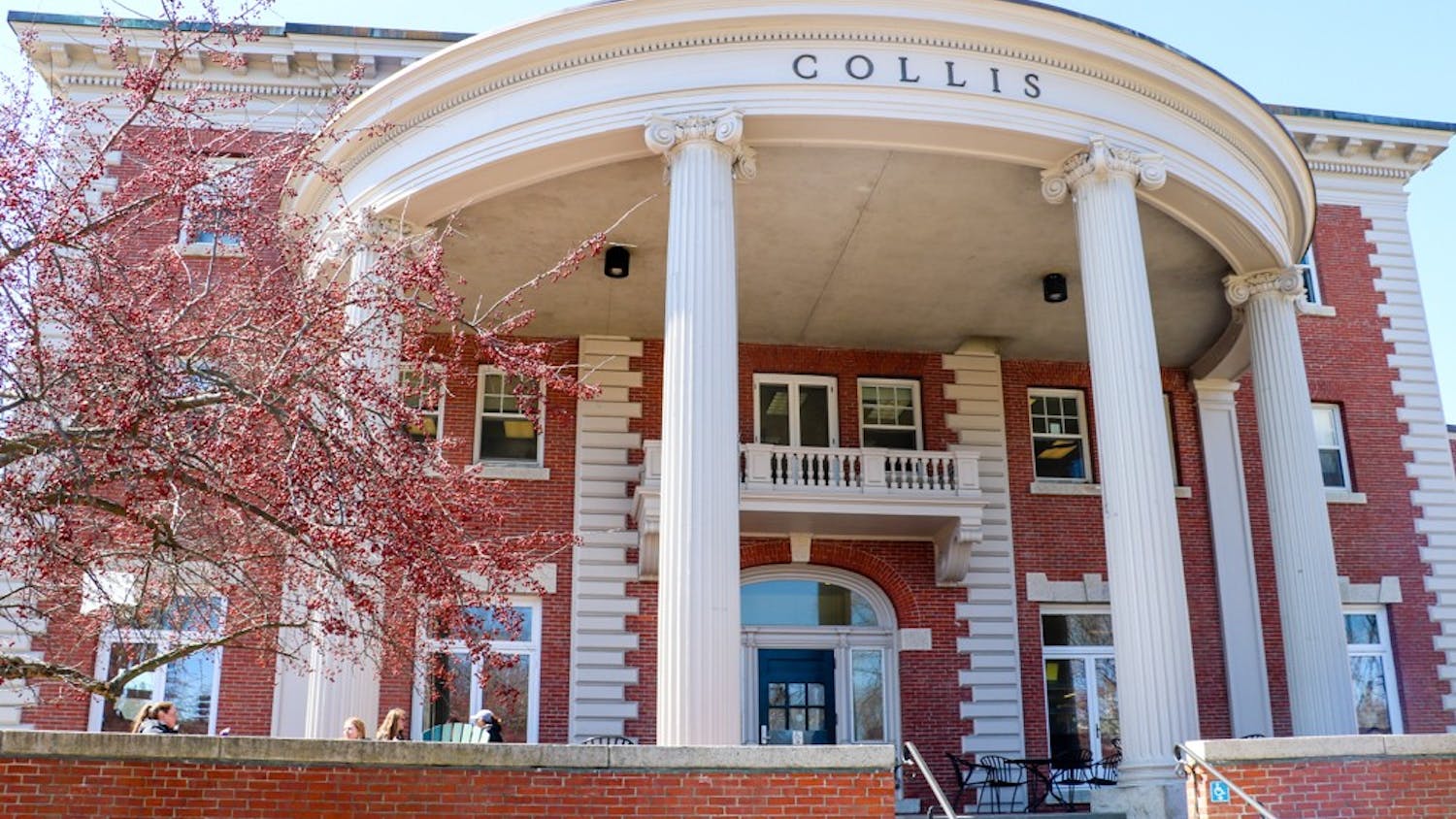In most years, new students hoping to join one of Dartmouth’s performing arts groups attend in-person events and auditions. This year, since singing, dancing or breathing next to someone has become the stuff of nightmares, performance groups adapted their audition processes to work in a socially distanced way.
Students auditioning for a cappella recorded a video of themselves singing one minute of a song of their choice, followed by a pitch matching exercise provided by each group. The groups then reviewed the audition videos and chose students to call back for a second round of auditions.
Isha Liu ’22, a member of the Decibelles, said that finding a way to hold auditions for ’24s this fall was especially important because it would help them integrate into the Dartmouth community.
“One of the best things about joining an a cappella group freshman fall is that you have the community immediately within the first couple of weeks of school,” Liu said. “Because everything’s remote this term and there’s not as much connection between the ’24s and the Dartmouth community, we wanted to make sure we were providing that opportunity.”
Andrew Maffei ’21, president of the Cords, said his a cappella group previously planned to hold off on auditions until the spring in hopes that in-person auditions would be possible and the group could get a better sense of how new voices might fit in. However, after realizing that it was unrealistic to expect for things to go back to normal by the spring, the group decided to move forward with virtual auditions.
“Obviously this [remote] format is not going to be quite as effective,” Maffei said. “… I think we can still get a pretty good sense of people’s voices though. It’s pretty hard to fake this stuff.”
Meanwhile, Katie Lutz ’22, music director of the Subtleties, said the group was able to plan a callback process for Zoom that they felt mimicked the real thing. The Subtleties taught an arrangement to the group and then put everyone in a breakout room, from which they were called one by one into the main Zoom room to perform both the arrangement and another solo they had prepared themselves.
Lutz said that she has adapted to the online format as best she can to create an enjoyable a cappella experience for the group this fall.
“I’m figuring out a way to conduct so everyone knows the timing, but we’re all on mute. We’re not listening to each other, which is sad, but we still get to practice our parts,” Lutz said. “And when that gets sad, I can play a recording of our parts together so we can at least get a sense of how our part fits into the other parts.”
However, there are also some benefits to being able to pre-record a tryout. Luca Caviezel ’24 auditioned for a cappella and recorded his first round audition at Bema. He said that he appreciated being able to do multiple takes and pick the best one.
The four audition-based dance groups — Sheba, UJIMA, Fusion and Sugarplum — held open rehearsals in the weeks prior to auditions. Students auditioning for dance groups submitted one or two short solo videos, and the Hitchcock tents were available for students who wanted more space to perform and record their solos. Each dance group then reviewed the videos and selected who they wanted to call back.
Monique Cummings ’24, a new member of Sugarplum, recounted the logistical difficulties of participating in this year’s callbacks.
“I had my Fusion audition at the Andres tent, and I had to run to the Hitchcock tent for Sugarplum. I got there five minutes late, panting and out of breath and just jumped into the warm up,” Cummings said.
Overall, Jesse Montoya ’22, one of UJIMA’s directors, said she noticed a decrease in turnout for auditions.
“This year we definitely had fewer people — usually it’s around 50 people trying out, and this year it was around 30,” Montoya said.
UJIMA gave the dancers who accepted a callback 24 hours to learn and record a video of a dance based on two videos the group sent via email, one of the dance performed at full speed and one broken down move-by-move.
This year, UJIMA welcomed its new dancers by anonymously texting them to come to Dartmouth Hall, where UJIMA dancers greeted them with posters and a speaker playing the soundtrack from “The Purge.” They got to know each other in a socially distant circle.
Acting groups on campus have also had to adapt their tryout processes. Greg Han ’22, a member of Dartmouth’s Shakespearean theater troupe, the Rude Mechanicals, said that auditions took place both virtually and in person this year. Students reserved a 15-minute block for their auditions and performed a monologue, received notes from members of the Rude Mechanicals then performed it again.
Actors called back for the second round of auditions were given a scene to rehearse for 15 minutes, which they performed with a partner already in the Rude Mechanicals. Remote auditioners were assigned a remote Rude Mechanicals actor.
Han said that process went surprisingly well, and the only problem came with what masks and distance take away from acting.
“We felt like the social distancing aspect sort of ruined what actors were trying to convey,” Han said. “I was in a scene from “Much Ado About Nothing” where these two characters are bantering back and forth and my scene partner said, ‘Can I slap you?’ and I said, ‘Well, that would fit the scene, but no, unfortunately you can’t.’”
Even with these restrictions, Han said, he and the rest of the Rude Mechanicals were committed to welcoming ’24s to the group.
David Katz ’24, a new member of the Rude Mechanicals, said he wanted to embrace the imposed six-foot distance in the partner auditions. He and his scene partner performed a scene from “A Midsummer Night’s Dream” as forbidden lovers Lysander and Hermia, and acted like there was a forcefield keeping them apart.
“If a shoe is thrown at you on stage, you work that into your scene,” Katz said. “That’s part of your world. In this world, there happens to always be six feet in between people, and everyone wears masks. Theater is so adaptable. COVID-19 gives us more circumstances to adapt theater — it can be quite beautiful.”




